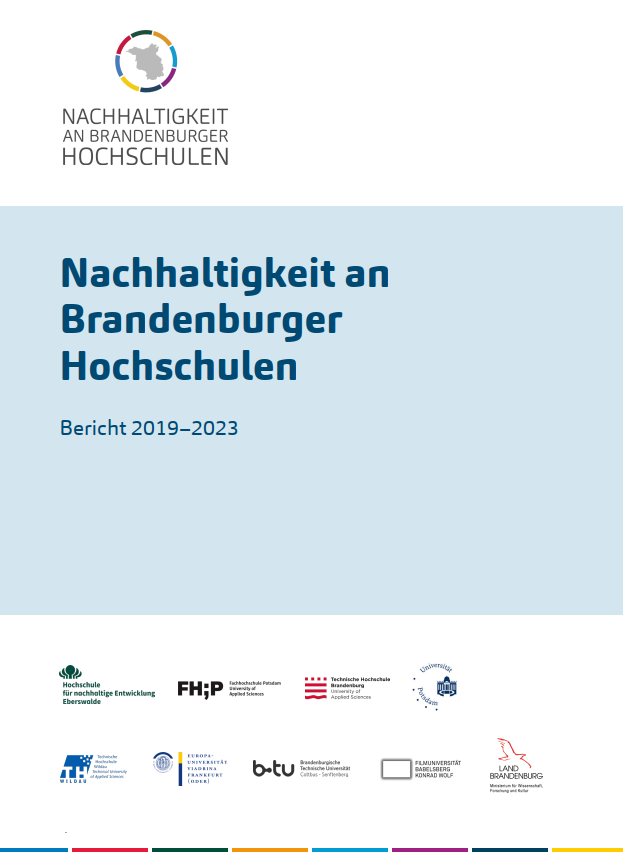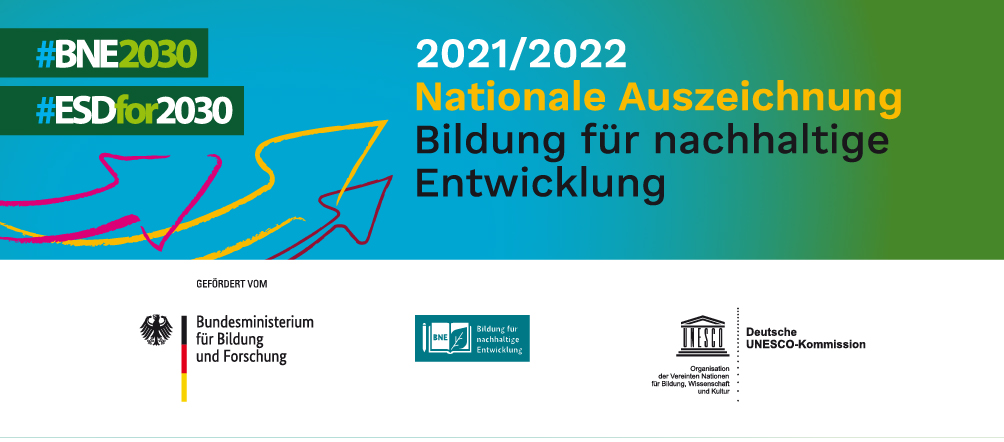Wie wollen wir im Jahr 2030 leben und arbeiten? Wie können Unternehmen nachhaltig wirtschaften? Und was hat das mit dem zukünftigen Berufsalltag von Nachwuchskräften zu tun?
Nachwuchskräfte für unternehmerische Nachhaltigkeit und die globalen Nachhaltigkeitsziele (kurz: SDGs) zu sensibilisieren – das ist das Ziel der Zukunft FAIRändern Kampagne von KATE. Die Kampagne richtet sich u.a. an Berufsschüler*innen, Studierende und Auszubildende.
Angeboten wird eine kostenlose, digitale SDG-Toolbox mit vielfältigen, attraktiven Bildungsmaterialien für Mitarbeitende und Nachwuchskräfte. Das Prinzip: Knackige Sensibilisierungsbotschaften (z.B. auf Stickern, Postkarten, Plakaten) können in Ihrer Organisation platziert werden und wecken die Neugier für Nachhaltigkeitsthemen. Über QR-Codes gelangen die Mitarbeitenden & Nachwuchskräfte zu vertiefenden, digitalen Bildungsangeboten (z.B. Videos, E-Learnings). Ein zusätzlicher Hin-Hörer: Audiospots sensibilisieren für Nachhaltigkeit! Außerdem lädt eine partizipative Nachhaltigkeits-Rallye dazu ein, Nachhaltigkeitspotentiale in der eigenen Arbeitsumgebung zu identifizieren und somit vom Wissen zum Handeln zu gelangen. Als physische Ergänzung ermöglicht eine SDG-Ausstellung, dem Thema Nachhaltigkeit – wortwörtlich – noch mehr Raum zu geben.
Da Bilder mehr sagen als tausend Worte, verschaffen Sie sich einen ersten Einblick auf der Projektwebsite.


















